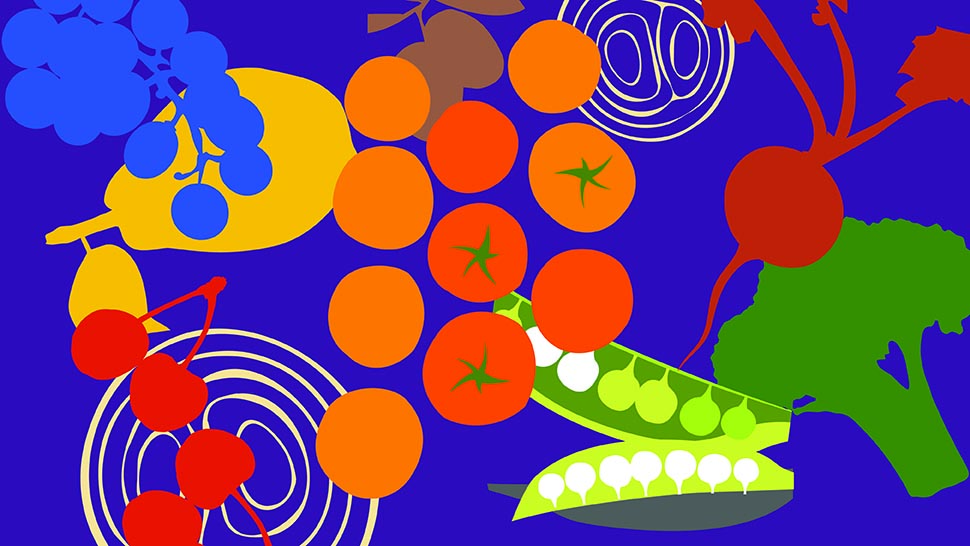
During LGBTQ+ Pride Month, rainbows start showing up everywhere: on cupcakes, on logos and merch, and increasingly on advertisements. While the rainbow flag was developed as a symbol of gay pride, commercial overuse of the symbol has begun to degrade its meaning. “Rainbow-washing” is the act of adding rainbow imagery to ads, logos, apparel, accessories, and more to both indicate support for the LGBTQ+ community and earn credibility with the community. The problem? This is often done with minimal effort to meaningfully support the LGBTQ+ community. It’s often a superficial appeal without a true effort to create systemic change that impacts the lives of LGBTQ+ people. Moreover, the rainbows aren’t working: The LGBTQ+ community continues to experience unprecedented levels of violence and discrimination, including from the government officials that represent them.
So, if simply making food rainbow-colored isn’t inclusive, what is queer food? And what do we all need to know about it?
First, let’s discuss the term “queer,” which historically has been used as a derogatory term but has since been reclaimed by the LGBTQ+ community as a catchall term. Unlike gay, lesbian, or transgender, the term “queer” pertains more to a range of practices or actions that are opposed to what is often perceived as “normal.”
Queer food is about challenging the structures of “normalcy” that have come to define cuisine and the food system by offering queer people a seat at the table — both literally and metaphorically. Across the nation during LGBTQ+ Heritage Month, we are celebrating LGBTQ+ chefs, team members, cookbook authors, and food business owners to shine light on the fundamental impacts they have on food culture. And these impacts loom large: Queer food is the way Dominique Crenn creates menus that are poems, how Jeremiah Tower revealed hidden aspects of French cuisine to the world, and how James Beard shifted Americans’ perspectives about food from utilitarian to pleasurable. It is celebrating the recipes of a lesbian chef and the experience of a transgender dishwasher, ensuring their contributions and experiences are visible and valued. Celebrating queer food goes beyond making rainbow cupcakes, it makes room for LGBTQ+ folks in culinary spaces to create and experience the joy of food. Explore more examples of organizations queering the food system to create a more inclusive and equitable system overall.